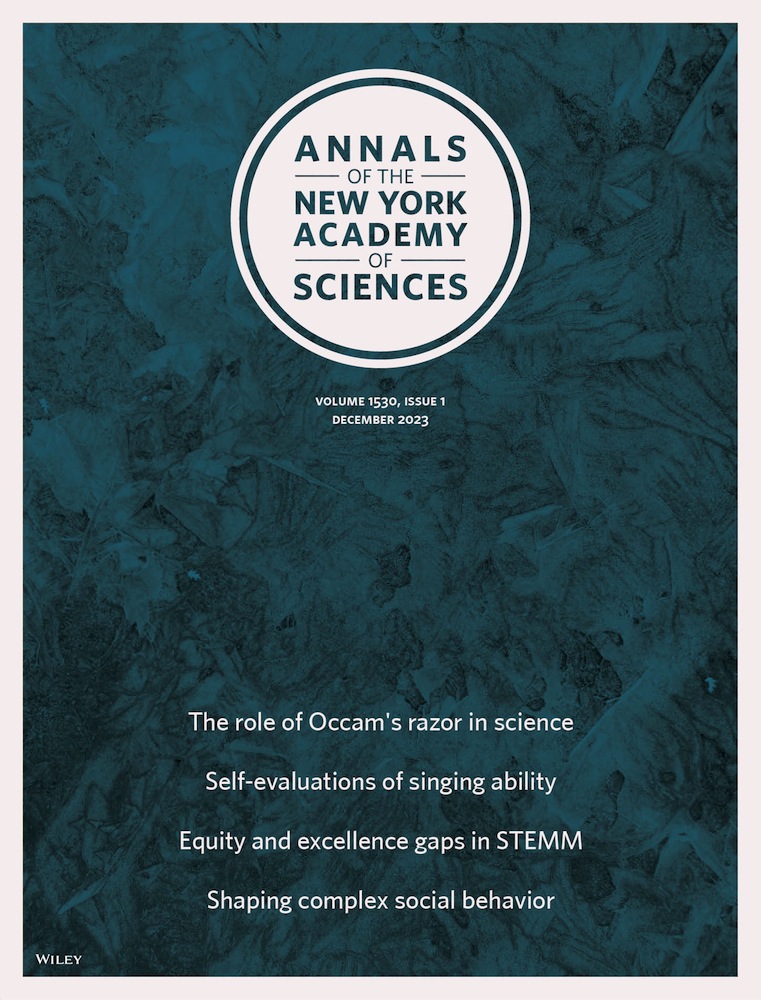Avoiding Pain to Others Motivates Effortful Prosocial Behavior.
IF 4.8
3区 综合性期刊
Q1 MULTIDISCIPLINARY SCIENCES
引用次数: 0
Abstract
Protecting others from harm is critical for societal well-being, but is often effortful. How individuals weigh the costs of exerting effort against the benefits of avoiding harm to others is currently unknown. To fill this gap, we investigated how individuals decide to exert physical effort to reduce painful shocks delivered to themselves and another person. Results showed that individuals are similarly motivated to incur effort costs to reduce their pain and the pain of another person. Specifically, we found no credible evidence that participants' willingness to put in effort and the force they exerted to reduce pain differed when helping the other person versus themselves. Further, we showed little credible evidence of a difference in discounting of pain reduction by effort between self- and other-related choices. These results contrast with prior research indicating that individuals are less motivated to exert effort to gain (or avoid losing) monetary rewards for others than themselves and demonstrate that protecting others from harm shifts individuals' effortful behavior from prosocially apathetic to prosocially motivated. Our findings shed light on the motivational processes underlying interpersonal harm avoidance and effortful prosocial behavior and highlight the importance of the type of benefit at stake for motivating prosociality.避免给他人带来痛苦会激发努力的亲社会行为。
保护他人免受伤害对社会福祉至关重要,但往往是费力的。个人如何权衡付出努力的代价与避免伤害他人的好处,目前尚不清楚。为了填补这一空白,我们调查了个体如何决定施加体力来减少传递给自己和他人的痛苦冲击。结果表明,个体同样会为了减轻自己和他人的痛苦而付出努力。具体来说,我们没有发现可信的证据表明,在帮助他人和帮助自己时,参与者付出努力的意愿和他们施加的力量有所不同。此外,我们几乎没有可信的证据表明,在自我和他人相关的选择之间,通过努力减少疼痛的折扣是不同的。这些结果与先前的研究结果形成对比,先前的研究表明,个体努力为他人获得(或避免失去)金钱奖励的动机比自己少,并表明保护他人免受伤害会使个体的努力行为从亲社会冷漠转变为亲社会动机。我们的研究结果揭示了人际伤害避免和努力亲社会行为背后的动机过程,并强调了利害攸关的利益类型对激励亲社会行为的重要性。
本文章由计算机程序翻译,如有差异,请以英文原文为准。
求助全文
约1分钟内获得全文
求助全文
来源期刊

Annals of the New York Academy of Sciences
综合性期刊-综合性期刊
CiteScore
11.00
自引率
1.90%
发文量
193
审稿时长
2-4 weeks
期刊介绍:
Published on behalf of the New York Academy of Sciences, Annals of the New York Academy of Sciences provides multidisciplinary perspectives on research of current scientific interest with far-reaching implications for the wider scientific community and society at large. Each special issue assembles the best thinking of key contributors to a field of investigation at a time when emerging developments offer the promise of new insight. Individually themed, Annals special issues stimulate new ways to think about science by providing a neutral forum for discourse—within and across many institutions and fields.
 求助内容:
求助内容: 应助结果提醒方式:
应助结果提醒方式:


